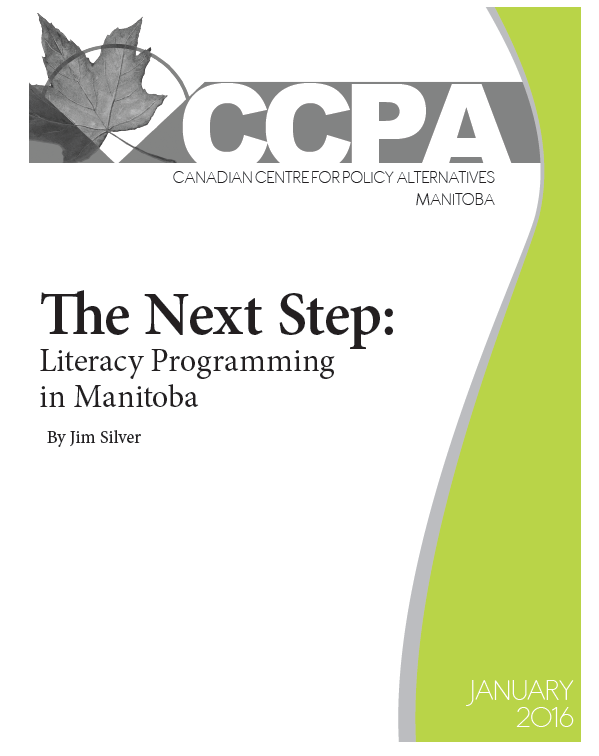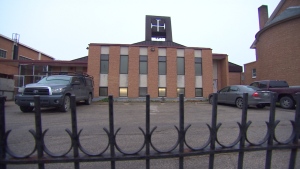 By Lynne Fernandez
By Lynne Fernandez
By 2013 the Conservative government had cut overall federal taxes and other revenues to the lowest rate seen in more than 70 years. Between 2011 and March 2015, 25,000 to 30,000 federal public sector positions were eliminated. Between 2010 and 2015, 4,766 civil service jobs were lost in the prairie region (1,875 in Manitoba; 799 in Saskatchewan; 2,092 in Alberta).
Valuable services such as those provided by the Canadian Food Inspection Agency, Veterans Affairs, Employment and Social Development Agency, front line Canada Revenue staff and National Parks conservation and maintenance programs were and will be diminished by these cuts if they are not halted. A new report from the Errol Black Chair in Labour Issues examines how the prairie region is being affected by these cuts and recommends how funding and programs be restored.
By the Green Action Centre
Most major Canadian cities have organic waste pick up, including: Vancouver, Edmonton, Saskatoon, Hamilton and Toronto. Calgary will start in 2017. If Winnipeg does not move soon on this issue, we will be one of the few large cities in the country not doing our part. At issue is an upcoming motion from Councillors Eadie and Wyatt to postpone the City’s plans for organic waste pickup.
By Matthew Stock
The Housing First model is an increasingly popular approach to housing homeless Canadians. Many studies have examined the benefits of Housing First, arguing that it is more effective than traditional methods of addressing homelessness.
Far less attention has been paid to the challenges involved in operating Housing First programs, particularly in the Canadian context. The new report Ending Homelessness? A Critical Examination of Housing First in Canada and Winnipeg by Matthew Stock attempts to fill this research gap.
By Scott Price
Ride-sharing service Uber wants into the Winnipeg taxi market. Looking past the marketing facade, Uber isn’t innovative or inevitable. Uber is in fact de-regulation of the taxi industry, modernized using smart phone applications and an aggressive expansion campaign.
By Molly McCracken
The rise in food costs disproportionately affects the poor as food makes up a larger portion of their spending. Increased income, educational programs and northern food subsidies need to work hand in hand if the food security crisis in Manitoba is to be overcome.
 Canadian Centre for Policy Alternatives – Manitoba new publication release:
Canadian Centre for Policy Alternatives – Manitoba new publication release:
Low levels of adult literacy in Manitoba are a barrier to full participation in our society. Easily accessible supports, located in low-income communities are needed to address this challenge, a new study finds.
In 2013 one in six Manitobans had literacy levels so low that they could not participate fully in life. Literacy costs our society. Low literacy rates impact people’s ability to access health care. People with low literacy are more likely to be on social assistance or incarcerated. Women with low literacy who are primary care givers of children, struggle to read to their children, making it difficult to break intergenerational cycle of poverty. Aboriginal people are more likely to leave school before grade twelve and require literacy supports as adults. Refugees may arrive from countries where basic education was not possible, requiring access to literacy programming.
The Next Step: Literacy Programming in Manitoba, by Jim Silver finds that the national policy framework established to support adult literacy was dismantled in the mid 2000s, cutting core funding to national literacy organizations and redirecting money to training and job readiness. But if people do not have basic literacy skills, they cannot participate in job training programs. Literacy for family, social or political participation is no longer the focus.
The Catholic Church ran more than half of Canada’s residential schools. In these schools they immersed Indigenous children and youth in Catholic culture. The effect on these children and youth and their families has been so great that on the first page of its Final Report the Truth and Reconciliation Commission has said that what the residential schools did “can best be described as cultural genocide.” The TRC has called upon the Pope to apologize “for the Roman Catholic Church’s role in the spiritual, cultural, emotional, physical, and sexual abuse of First Nations, Inuit, and Metis children in Catholic-run residential schools.”
Now this same Church wants to establish yet another Catholic school in a largely Indigenous community — Winnipeg’s North End.  The principal and executive director of the proposed Gonzaga Middle School acknowledges that the culture of the school will be Catholic, and goes so far as to say that the school “will immerse students in Catholic culture.” The principal will personally interview potential students and their families, hand-picking the 60 students he considers to be the most suitable candidates. They will then spend their middle school years being immersed in Catholic culture, and when they are finished middle school they will be steered into one of Winnipeg’s private Catholic high schools, where their tuition will be paid for.
The principal and executive director of the proposed Gonzaga Middle School acknowledges that the culture of the school will be Catholic, and goes so far as to say that the school “will immerse students in Catholic culture.” The principal will personally interview potential students and their families, hand-picking the 60 students he considers to be the most suitable candidates. They will then spend their middle school years being immersed in Catholic culture, and when they are finished middle school they will be steered into one of Winnipeg’s private Catholic high schools, where their tuition will be paid for.



Follow us!